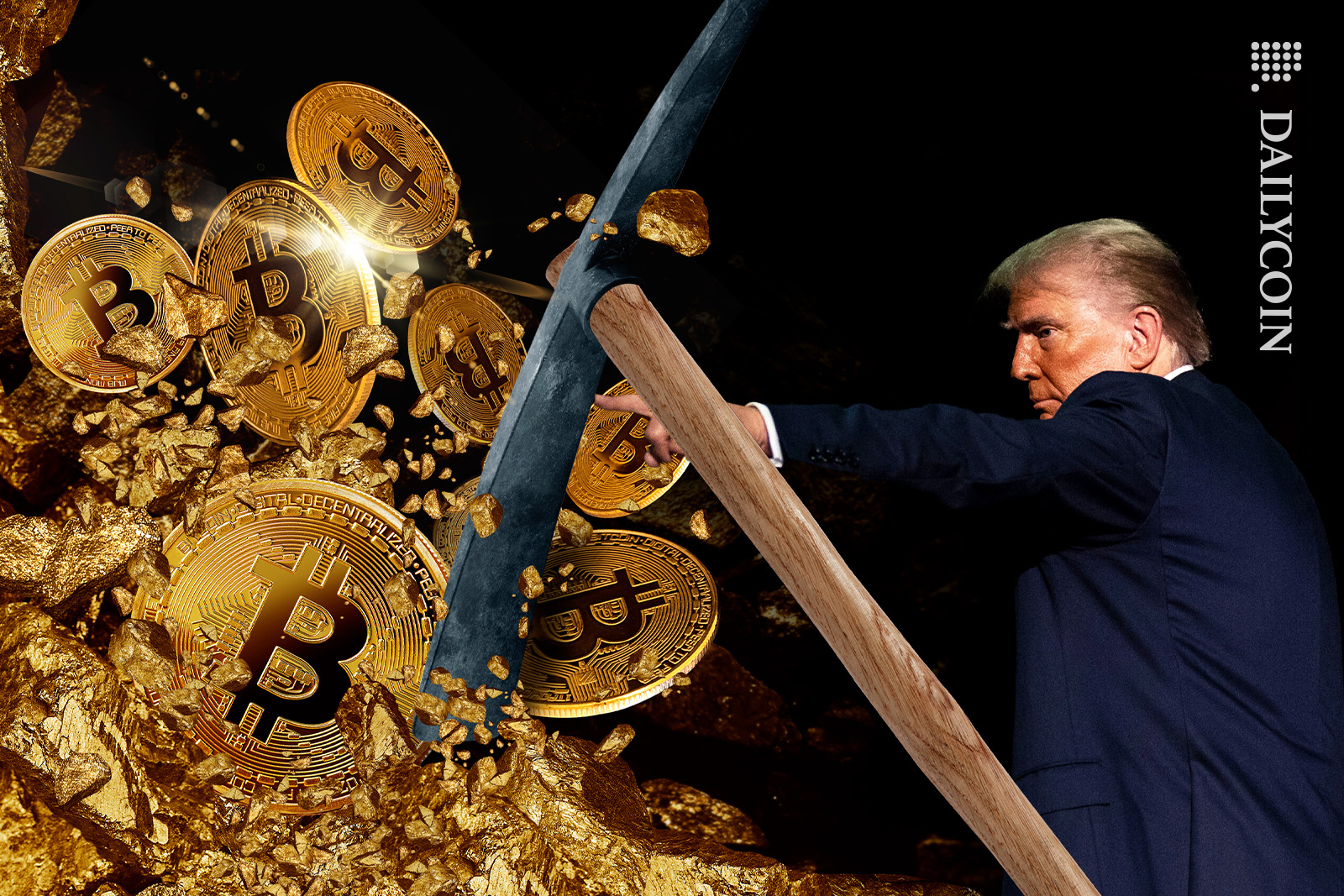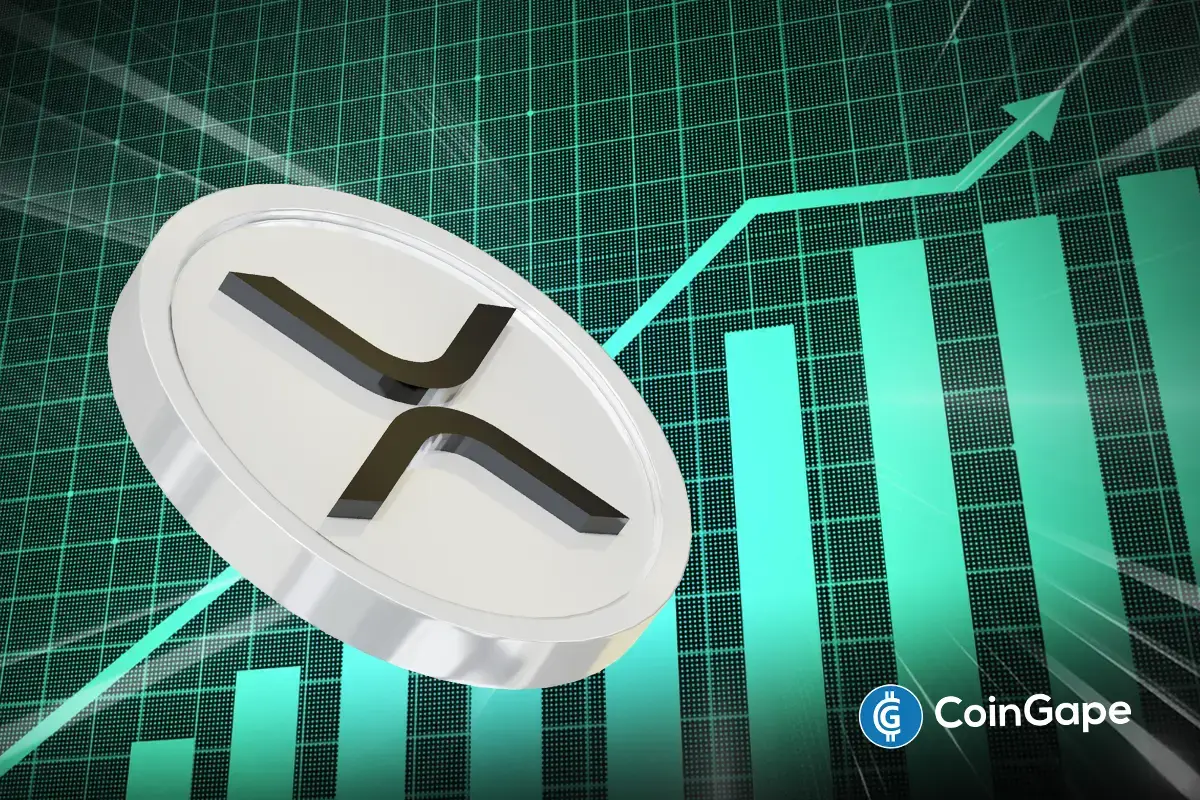Going Beyond the Vault: Unleashing Bitcoin’s Hidden Potential
In the ever-evolving world of cryptocurrencies, Bitcoin continues to reign supreme. Its unique properties and potential use cases have sparked endless debates among enthusiasts and critics alike. One such debate revolves around Bitcoin’s primary function: is it a store of value or a medium of exchange? Michael Saylor, the CEO of MicroStrategy, has been a vocal proponent of Bitcoin as a digital gold, emphasizing its store-of-value capabilities. However, this perspective may be limiting the true potential of the world’s first decentralized digital currency.
The Store of Value Debate: A Narrow Perspective
Saylor’s argument for Bitcoin as a store of value is rooted in its scarcity and finite supply, which mirrors the characteristics of traditional gold. He believes that investors should view Bitcoin as a hedge against inflation and economic instability. While this perspective has merit, it overlooks the unique properties that make Bitcoin a powerful medium of exchange.
The Medium of Exchange: Unleashing Bitcoin’s True Power
Bitcoin’s ability to function as a medium of exchange is often overshadowed by its store-of-value narrative. However, this aspect is crucial to understanding its potential impact on the global economy. Bitcoin’s decentralized nature, combined with its digital and borderless properties, makes it an ideal medium for peer-to-peer transactions.
Moreover, Bitcoin’s programmability opens up new possibilities for smart contracts and decentralized applications (dApps), further expanding its use cases. The ability to send and receive value without intermediaries not only reduces transaction costs but also increases financial inclusion, particularly in underbanked regions.
Impact on Individuals: Empowerment and Financial Freedom
For individuals, the ability to transact directly and securely without the need for intermediaries can lead to significant benefits. Bitcoin can serve as a powerful tool for financial freedom and independence, especially in countries with unstable currencies or limited access to traditional financial services. Moreover, the decentralized nature of Bitcoin ensures that users have complete control over their funds, providing a level of security and privacy that is difficult to achieve with traditional financial systems.
Impact on the World: Disrupting the Status Quo
On a larger scale, Bitcoin’s potential to disrupt the traditional financial system can lead to significant changes in the global economy. By removing intermediaries from transactions, Bitcoin can reduce transaction costs and increase financial inclusion, particularly in underbanked regions. Furthermore, the decentralized nature of Bitcoin ensures that it is not subject to government manipulation or control, providing a level of financial freedom that is not possible with traditional currencies.
Conclusion: Embracing Bitcoin’s Dual Role
In conclusion, while the store-of-value narrative has captured the public’s imagination, it is essential to remember that Bitcoin’s true power lies in its ability to function as a medium of exchange. By embracing its dual role, we can unlock its full potential and harness its capabilities to disrupt the traditional financial system, reduce transaction costs, and increase financial inclusion. The future of Bitcoin is not just about digital gold, but about empowering individuals and transforming the global economy.
- Bitcoin’s unique properties make it an ideal medium for peer-to-peer transactions
- Decentralization and digital nature enable borderless and secure transactions
- Programmability opens up new possibilities for smart contracts and dApps
- Reduces transaction costs and increases financial inclusion
- Provides a level of security and privacy not possible with traditional financial systems
- Has the potential to disrupt the traditional financial system and transform the global economy





